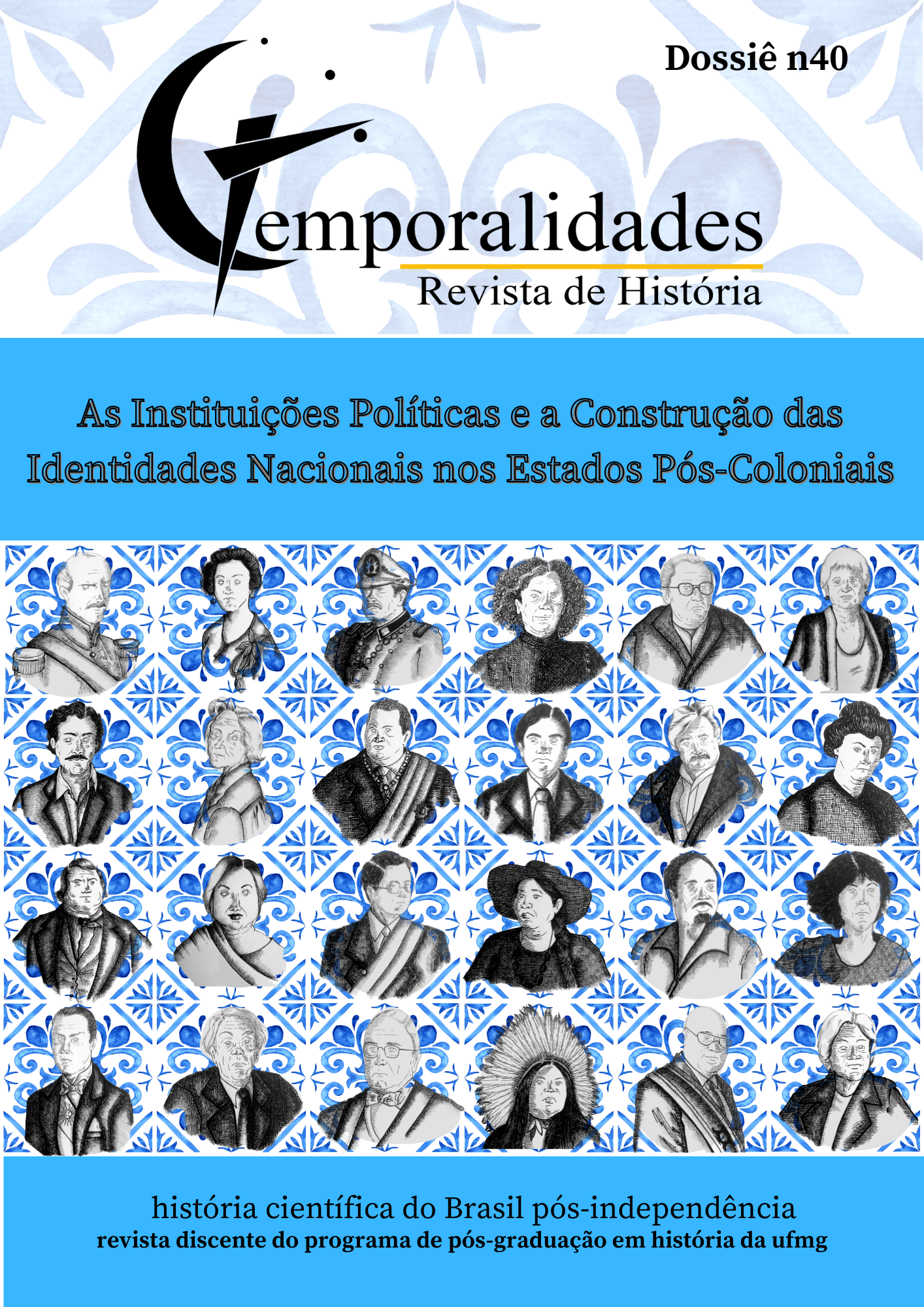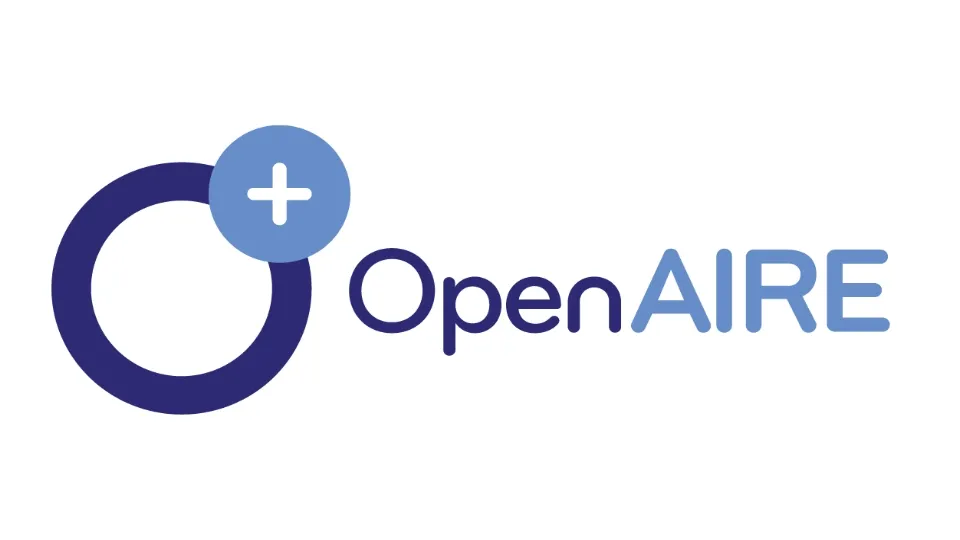História e linguagem: O (dis)curso de “Botão de Rosa” como lampejo no desnudamento da ditadura militar brasileira
Resumo
A narrativa literária brasileira nos anos 70 foi marcada pela presença de textos que indagassem os discursos às críticas sociais, especialmente ao regime militar brasileiro. No presente artigo, investigamos os principais aspectos dessa literatura, tanto na história quanto na linguagem, tomando como principal referência o conto “Botão de rosa” de Murilo Rubião. Na análise da narrativa, vemos como se deu a assunção dos movimentos de resistência, com valores propagados desde o advento das revoluções constitucionalistas da década de 30, passando pelas manifestações literárias das vanguardas poéticas da década de 50 até chegar no golpe de estado. A novidade de tal publicação na década de 70 consiste na denúncia social num único espaço textual, desnudando as incógnitas da repreensão social em uma fusão de uma intensa realidade histórica. Nesse esteio, as representações literárias se revelam imprescindíveis como lampejo esperançoso à crítica de censura da violência. Ao abordar temas como violência, repressão e fuga, o conto passa a necessitar de uma abordagem moderna para que não seja censurado como as literaturas tradicionais, especialmente por tratar de tabus por meio da narrativa.
Downloads
Downloads
Publicado
Edição
Seção
Licença
Copyright (c) 2024 Andréia Souza de Araújo, Lucas Nascimento Assef de Carvalho

Este trabalho está licenciado sob uma licença Creative Commons Attribution 4.0 International License.
O(A) autor(a), para fins de submissão à revista Temporalidades, deve declarar que o trabalho aqui submetido é de autoria do mesmo e nunca foi publicado em qualquer meio, seja ele impresso ou digital.
O(A) autor(a) também declara estar ciente das seguintes questões:
Os direitos autorais para artigos publicados na Temporalidades são do autor, com direitos de primeira publicação para o periódico;
Em virtude de aparecerem nesta revista de acesso público, os artigos são de uso gratuito;
A revista permitirá o uso dos trabalhos publicados para fins não-comerciais, incluindo direito de enviar o trabalho para bases de dados de acesso público.
A Temporalidades adota a licença internacional Creative Commons 4.0 (CC BY).











